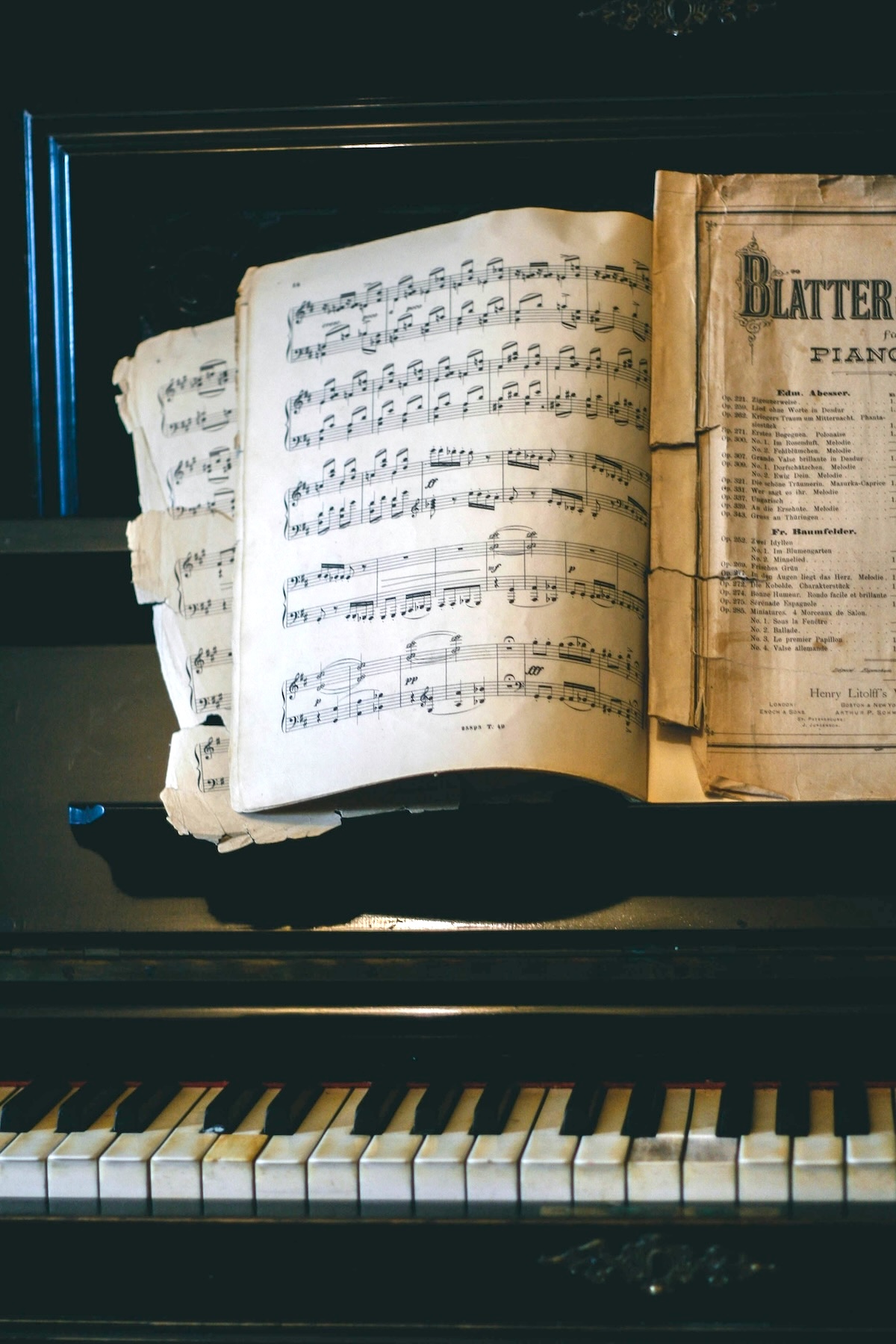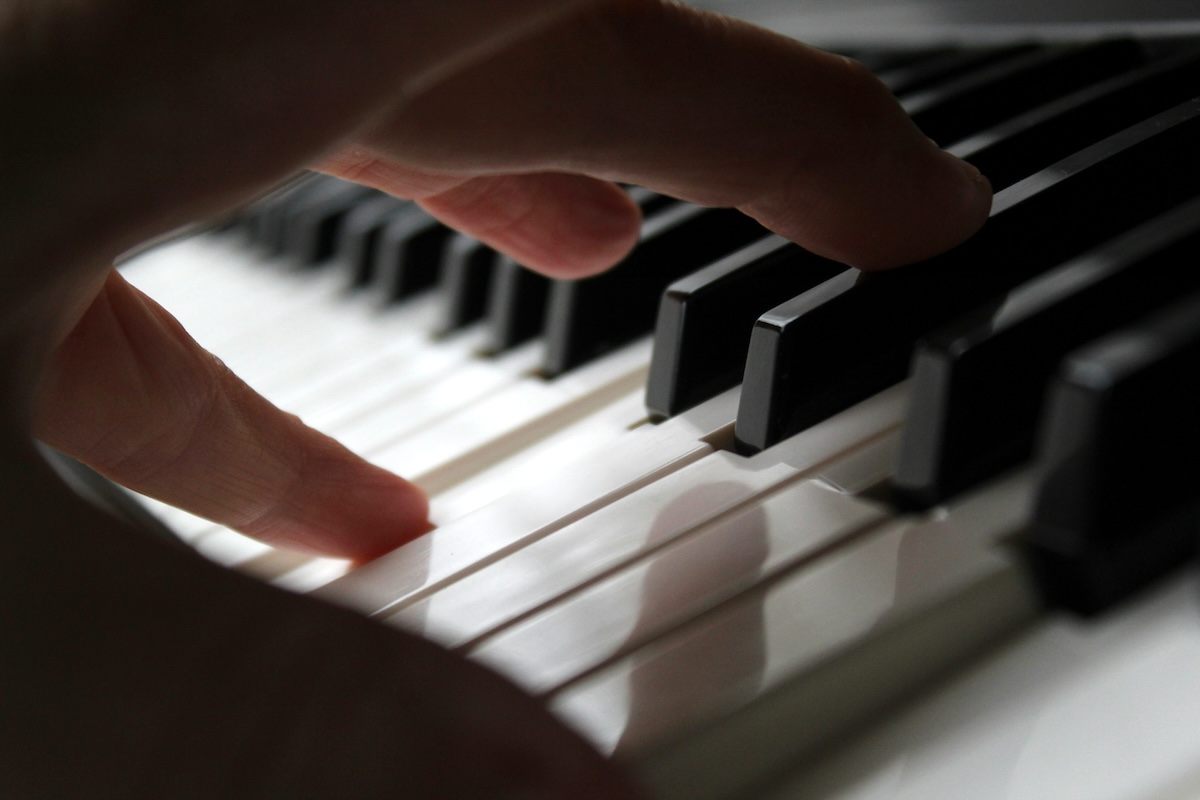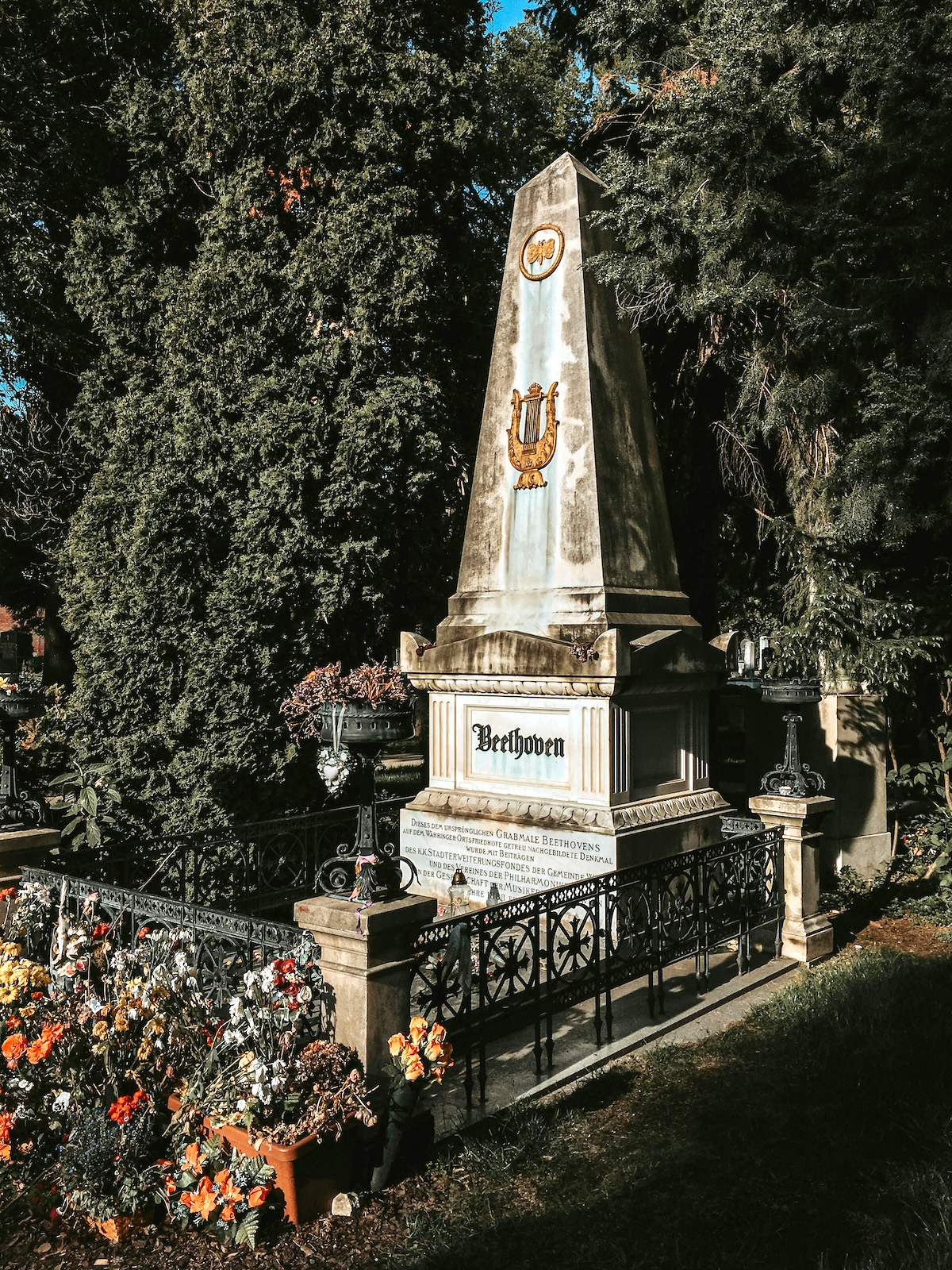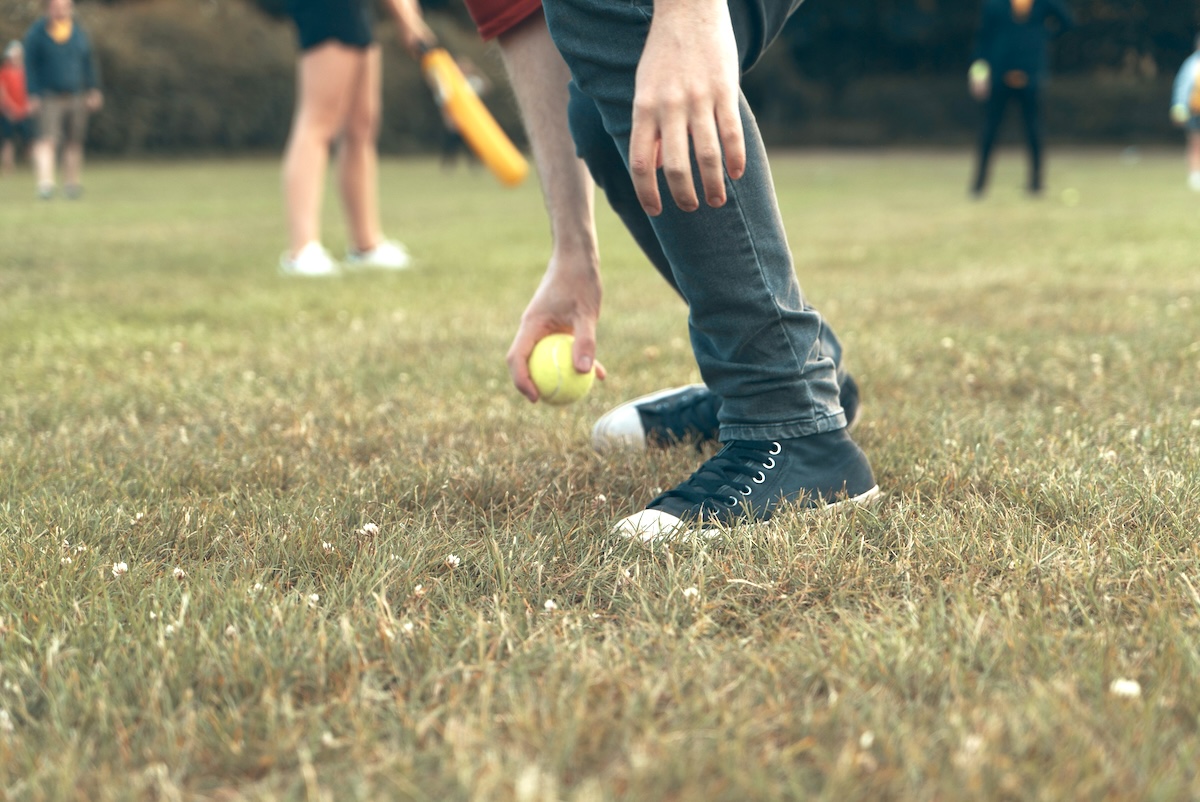· Ken Hoppmann · Book excerpt · 3 min read
World music; music as a tool for healing; music therapy
In my Introduction to World Music class, students are surprised and delighted...
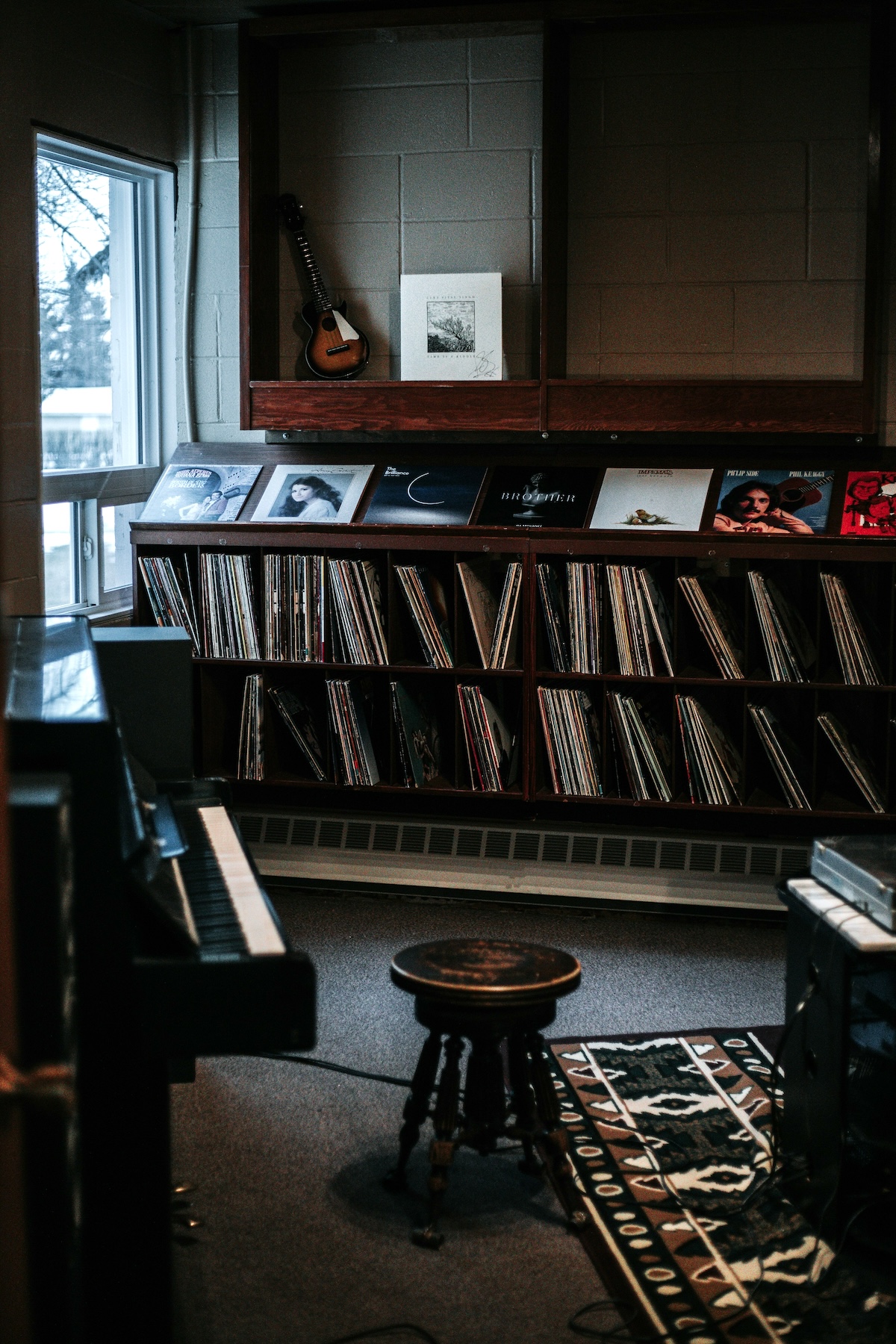
In my Introduction to World Music class, students are surprised and delighted to learn about the uses of music in various world cultures. Unlike the Western civilization in which we live and work, many other world cultures view music primarily as a participatory tool for healing and community building, rather than as a performance medium. Indeed, our own culture here in the United States has welcomed the idea of music for healing, even though insurance companies seem to be slow to wholeheartedly accept it with monetary reimbursements. I have mentioned music therapy in this space, citing the work of Dr. Oliver Sachs, who achieved remarkable results with patients who were frozen with Parkinsonian symptoms in the 1960s. At that time, the discipline of music therapy was in its early stages. Today, however, it is a fully-developed and well-researched healing option.
At the risk of retracing my thought processes for the reader, I am going to, once again, devote space to personal music therapy for my Parkinson’s symptoms. By this point in time, I have attended two Parkinson’s dance classes and am five days into my self-prescribed program of playing slow movements of Viennese piano sonatas. It might be too soon to document any positive results, but I think I feel better. What remains to be sorted out, though, is whether I feel better physically because of the dance and piano activity, or whether my positive emotional response improves my physical well-being. Would dance without music be just as effective, or is my body responding to the movements because of the music? Could I do any hand and finger exercises away from the keyboard, and still reap the same benefits as those derived from making music?
Returning to my earlier reference to music throughout the world, I am faced with the belief shared by many that music does, indeed, heal physically. There is a definite physical/emotional/musical/spiritual connection that seems to bring about health for many members of global communities who are afflicted with serious illness. Our western society offers a skeptical pat on the back to music practitioners who heal in hospital and clinical settings. We tend to limit the benefits of music therapy to the mental and emotional realm, not wanting to overstep into real medical territory. Is such a hesitation to accept actually limiting the effectiveness of music therapy, or are we justified in believing only up to a certain point?
As a professional musician and lifelong student of music, I am a proponent of music therapy. Although I am not trained specifically in this discipline, I believe that the beauty of music can certainly bring about healing for a troubled soul. One of the long-time struggles I have experienced, is how do I, a music professional, access that life-giving benefit when I am in need of it? It’s a big question, with an incremental answer. I believe that answer is to experience music of some kind every day. Go to dance class. Share music with others. Play the piano daily. Listen to our favorite old records, or find a Spotify playlist that interests us. The effects may not be dramatic, but the small steps of improvement may very well lead us back to a place of better health.
546 words
Day 58: September 26, 2023
Success!
